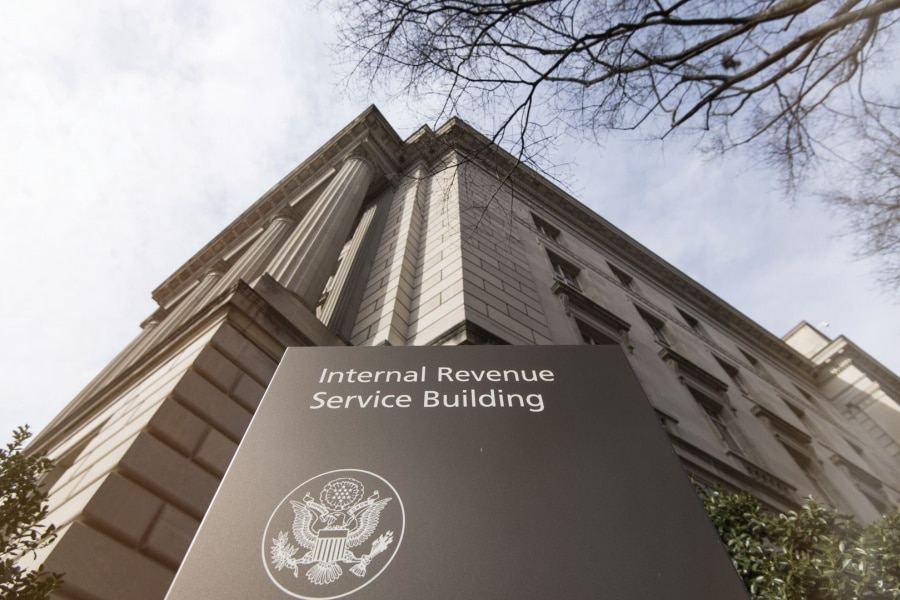The criminal wing of the Internal Revenue Service (IRS) announced that it identified “dozens” of potential crypto criminals after its meeting with tax officials from other countries.
The meeting involved tax authorities from various countries, including the U.S., the U.K., Canada, Australia, and the Netherlands under the umbrella of the Joint Chiefs of Global Tax Enforcement. During the meeting, the officials shared data, tax enforcement strategies, and tools to uncover new leads in their effort to curb cross-border financial crimes, such as tax evasion, money laundering, and cybercrime.
According to a senior special agent in the IRS Criminal Investigations Office in Los Angeles, Ryan Korner, the IRS cybercrime unit has created expertise in “who is moving the money and where it’s going.” Speaking with reporters via the phone on Friday (November 8, 2019), Korner said, “We have tools that we didn’t have six months or a year ago.”
The IRS Fighting Crypto-Related Tax Evasion
The IRS has renewed its focus on fighting crypto-related tax evasion at a time when cryptocurrency is becoming more popular and increasing in value. In recent years, the agency has struggled with tax law enforcement in order to keep up with criminals, considering the advancing technology.
Part of the Joint Chiefs statement reads:
“Tax fraud is not a new crime, but the sophistication with which criminals commit tax fraud has significantly increased through cyber-related activities in recent years. Data breaches, intrusions, takeovers, and compromises are the new tools that criminals use to commit tax crimes.”
Cyber Audits
Currently, the IRS is preparing for a new phase of digital currency audits. Earlier this year, the agency distributed letters to over 10,000 recipients, warning them of penalties if they evade taxes on their digital investments.
Korner emphasized that the IRS uses information from previous enforcement activities to identify new criminals. The data gleaned from the five countries will help the agency get a wider perspective of the connection between accounts, money, and people.
“That data doesn’t go and sit. We use that data,” Korner stated.
In October, the agency released guidance informing cryptocurrency investors and their tax advisers how the IRS requires them to report income from their holdings. The guidance, which is the first since 2014, comes just when tax auditors intensify their focus on surveying individual crypto investors. This will help the agency get hold of crypto holders who previously failed to report their transactions.
Featured Image: axios.com
